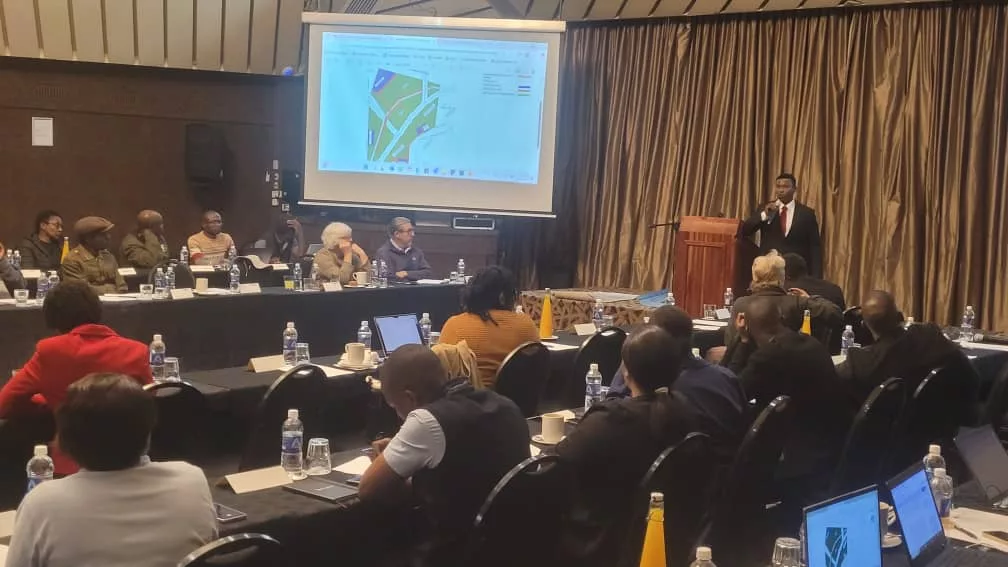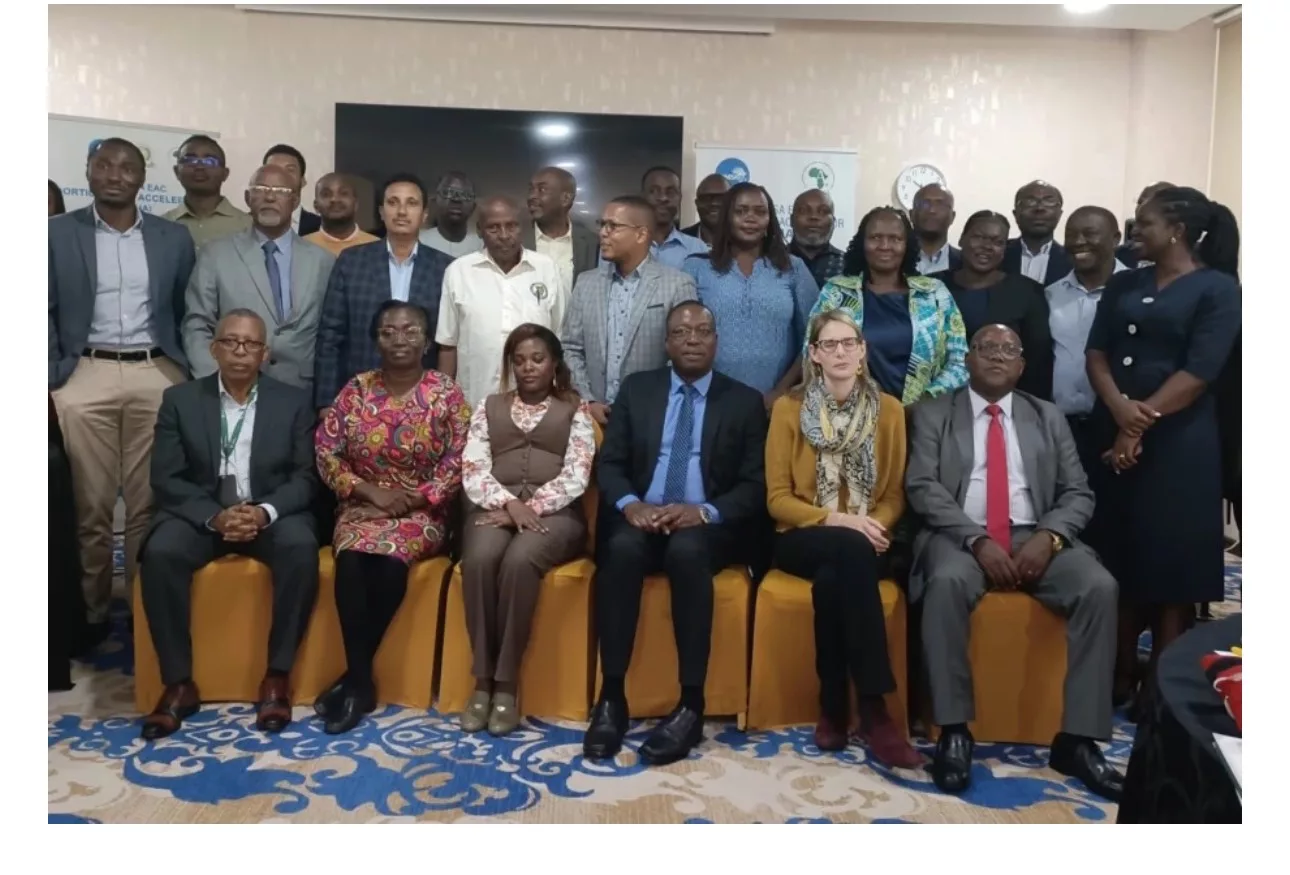Zimbabwe’s telecommunications companies are being deserted by their foreign partners that service and upgrade their systems due to inability to meet payment obligations in foreign currency.
Telecommunication companies are not being prioritized in terms of foreign currency allocations by the Reserve Bank of Zimbabwe (RBZ), which has resulted in recent network problems.
However, the regulator the Postal and Telecommunications Regulatory Authority of Zimbabwe (POTRAZ), is engaging the central bank to prioritise the telecoms sector in foreign currency allocation.
“Our networks have been facing upgrade challenges and service support partners are owed a lot of money, they want to be paid,” said POTRAZ director general Dr Gift Machengete speaking to journalists during a sector performance briefing.
“Potraz has been engaging the RBZ to prioritise the sector on foreign currency allocations and we will continue to do so,” he said.
The country has been grappling foreign currency challenges that have affected business operations, resulting in supply gaps in some sectors such as the manufacturing. The telecommunications sector has net been spared.
Of recent, the country has been experiencing network hiccups with mobile money platforms being the worst affected, causing some disruptions in transactions.
Late last year, Potraz appeared before the Parliamentary Portfolio Committee on Information Communication Technologies and Courier Services, and made calls for the sector to be prioritised on foreign currency allocations as it was highly dependent on imports.
“Currently there are no local suppliers of telecommunications equipment. All spare parts are imported and supplied by foreign vendors such as ZTE, Ericson and Huawei amongst others. This requires foreign currency.
“Spare parts for telecommunications equipment are not on the priority list for international remittances.
“This has negatively impacted equipment servicing, replacement of faulty, damaged and malfunctioning equipment, network upgrades and network re-dimensioning,” said Dr Machengete.
ICT has been identified as a key enabler to economic growth with its services used in all the key sectors of the economy such as mining, agriculture, education, health as well as industry and commerce.
According to the World Bank, there is a strong correlation between ICT growth and GDP growth.
In a 2009 report titled “Extending Reach and Increasing Impact,” a 10 percent increase in broadband penetration accounted for a 1,38 percent increase in per capita GDP growth in developing economies.
The sector is also crucial in promoting ease of doing business especially at a time transactions are now largely skewed towards digital platforms such as internet banking, real time gross settlement (RTGS) and other electronic platforms.
However, economic challenges such as limited foreign currency, high cost of machinery and the current liquidity and cash crunch the country is experiencing are posing
challenges for the sector as it has reduced consumer spending.
In 2018, the entire postal and telecommunications sector’s total investment went down 18 percent to $160 million, while operating costs rose 22,6 percent to $1 billion on inflationary pressures.
According to POTRAZ, the Average Revenue Per User per month (ARPU) for the mobile networks has gone down to $3,98 per month in 2017 from $4,97 per month in 2015.
Additionally, incremental cost studies, done in 2013 and 2014 and reviewed in 2017 revealed that Zimbabwean operators were being charged higher prices and higher interest rates for telecommunications infrastructure by international telecommunications vendors, such as Ericson and Huawei amongst others, as compared to the prices charged to operators in other countries.






